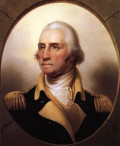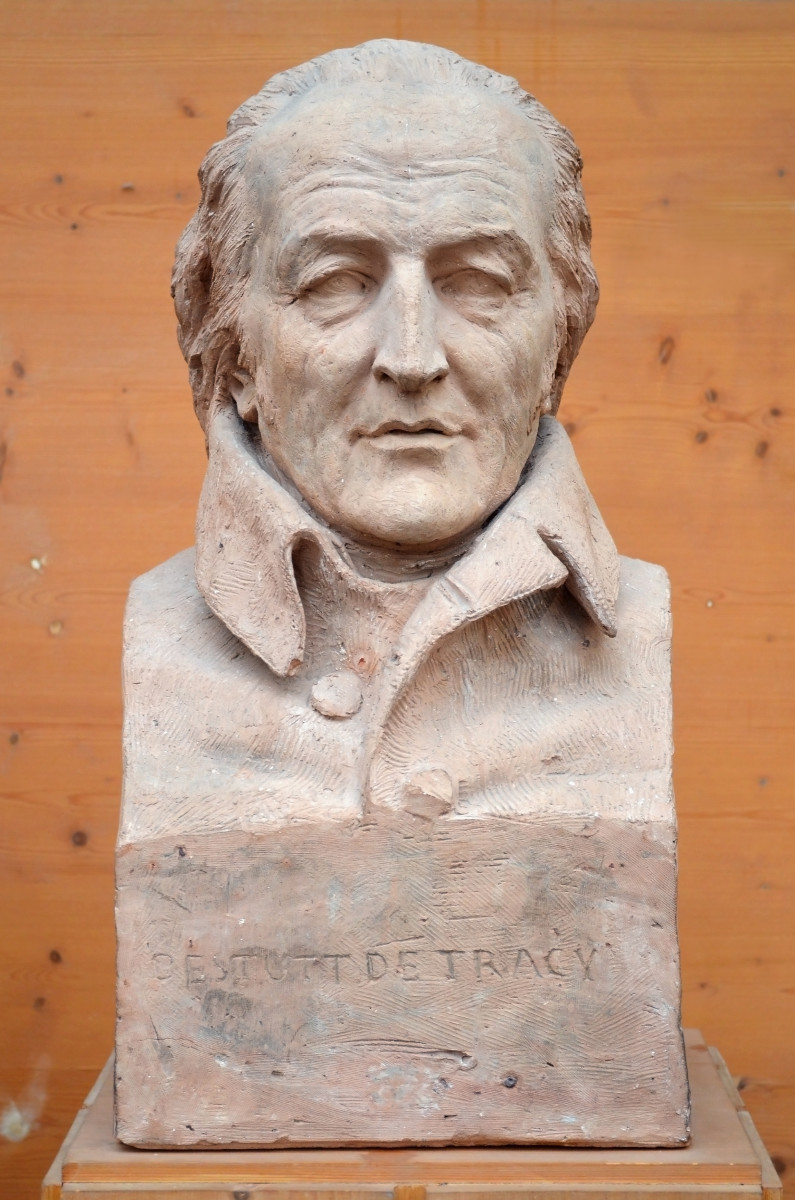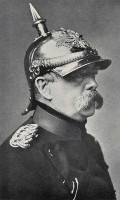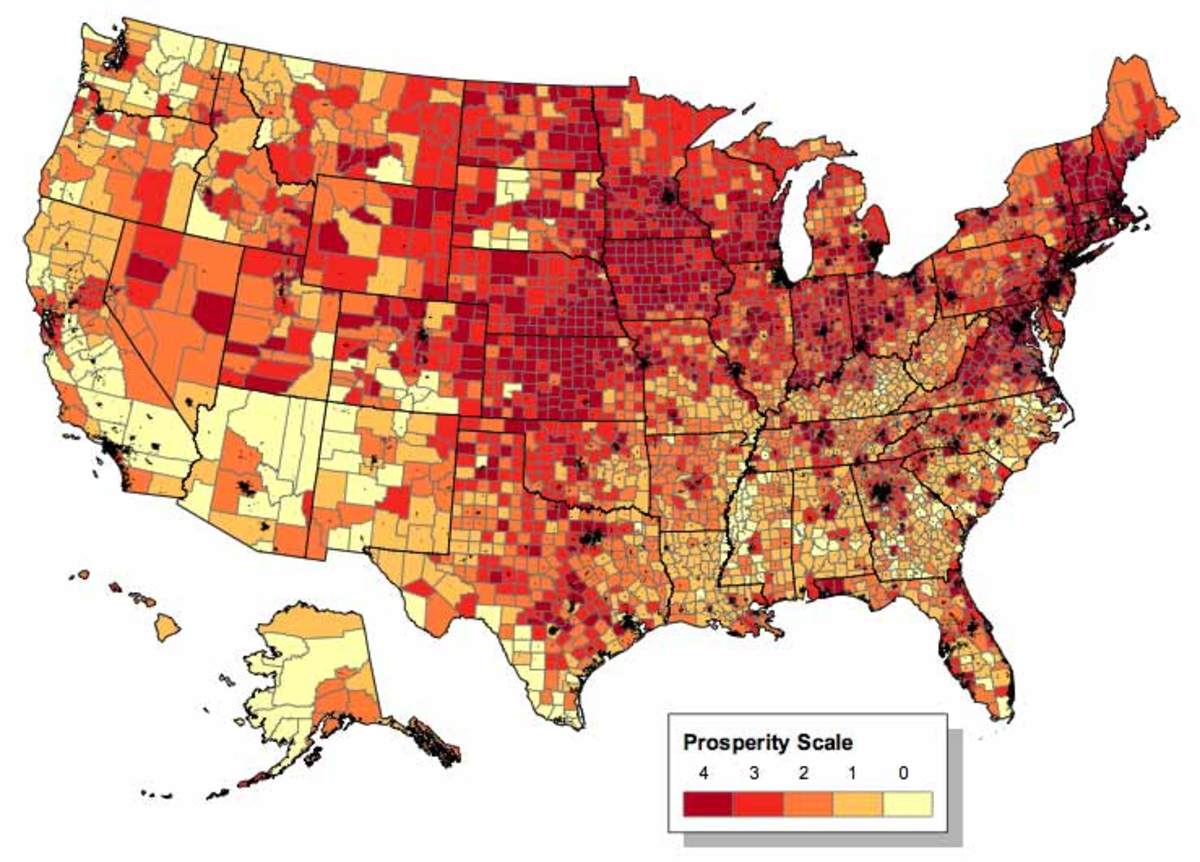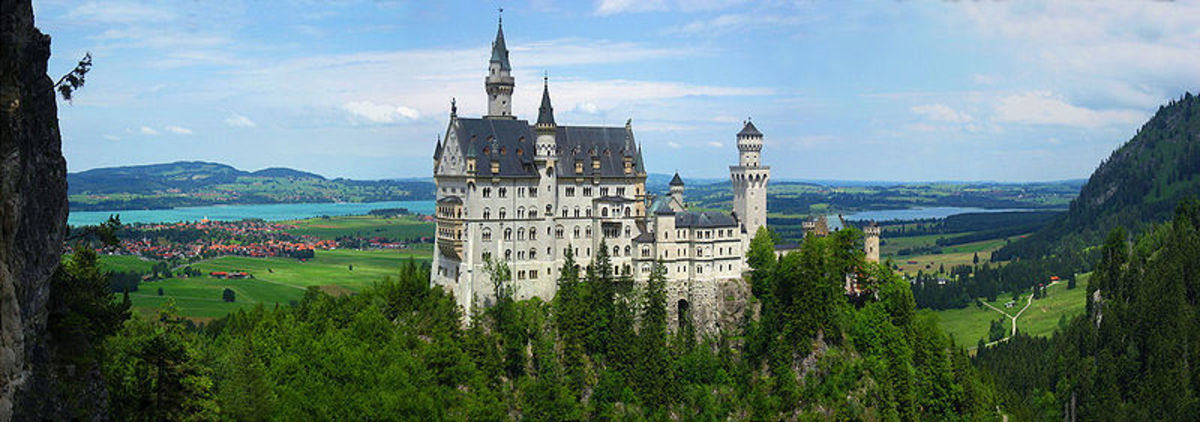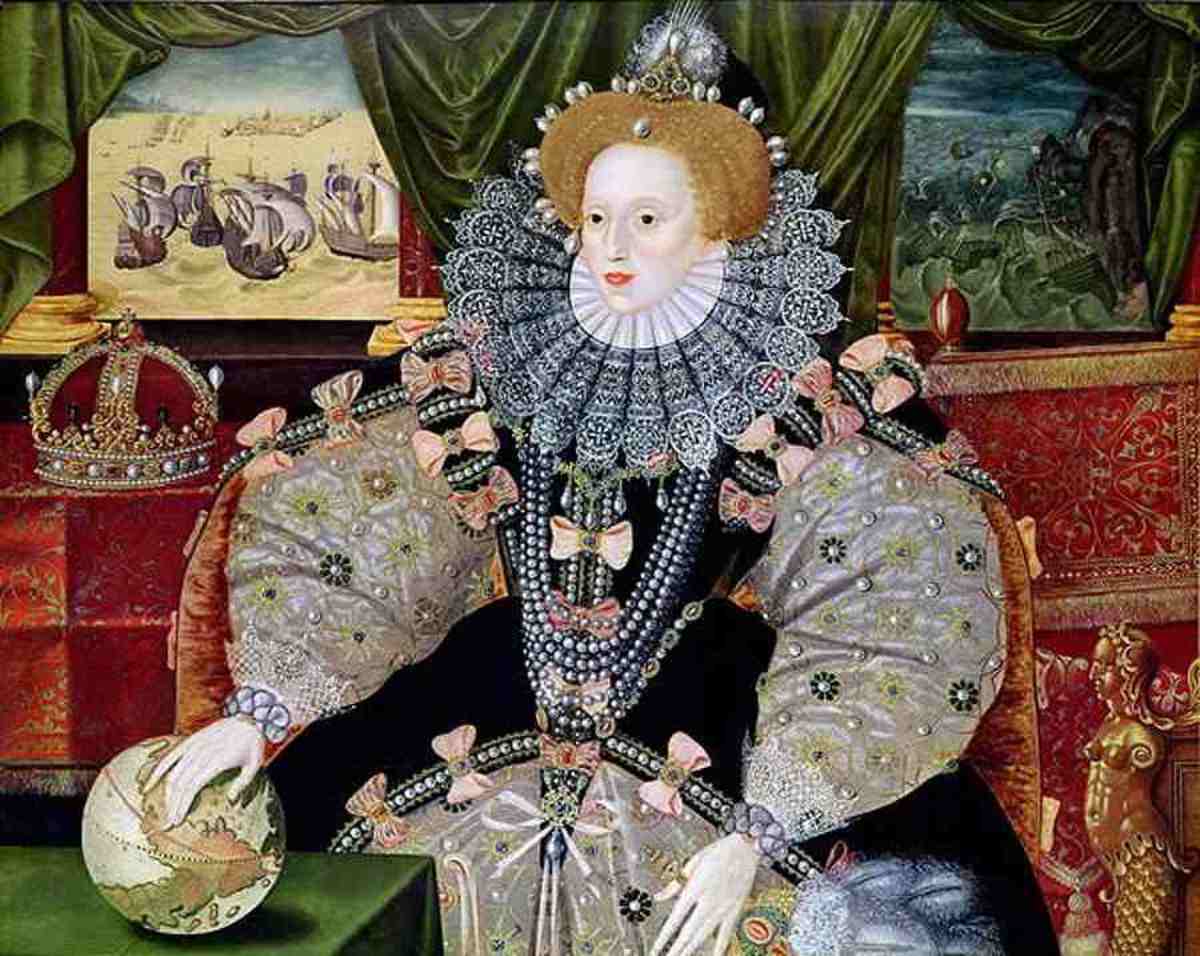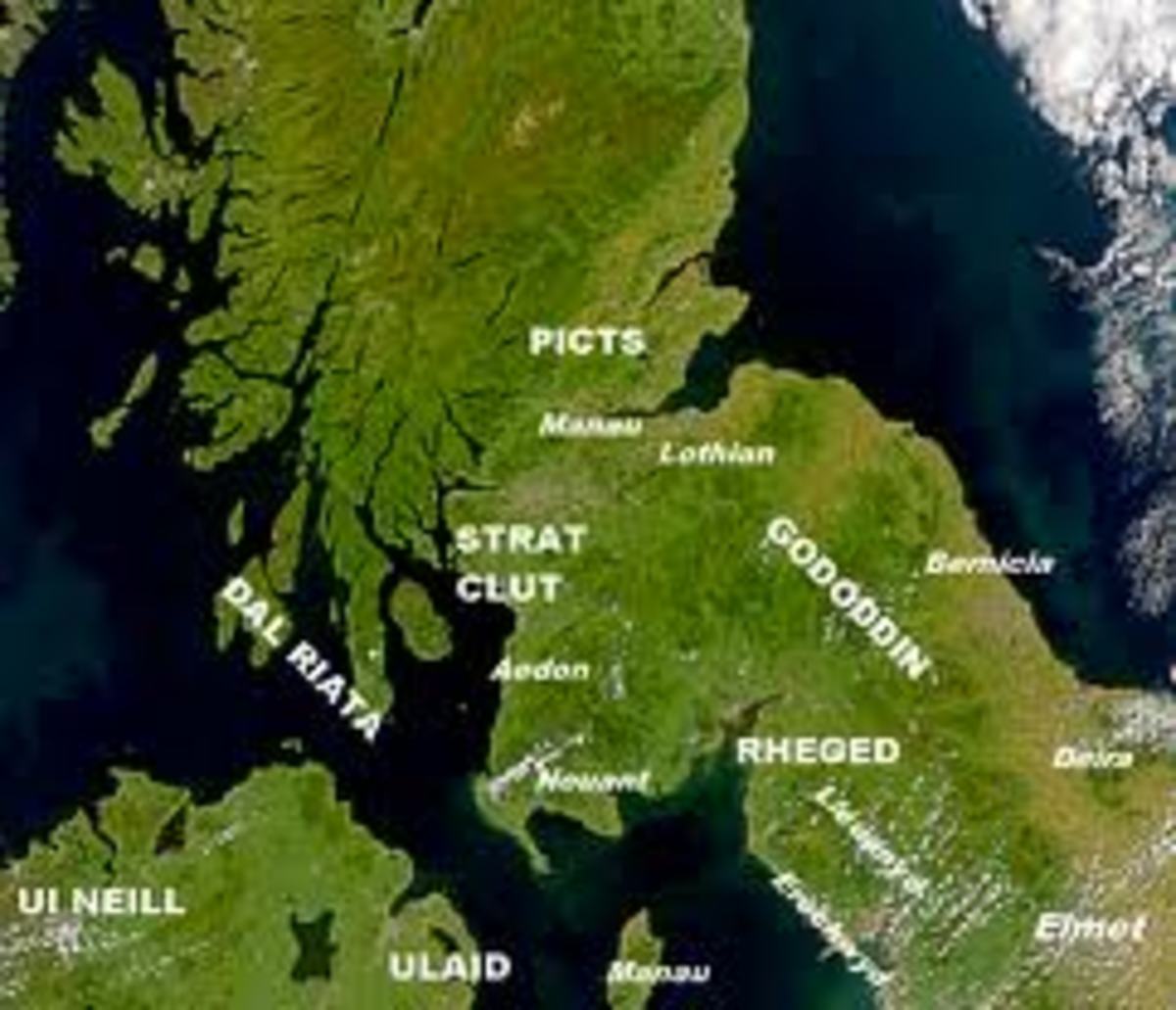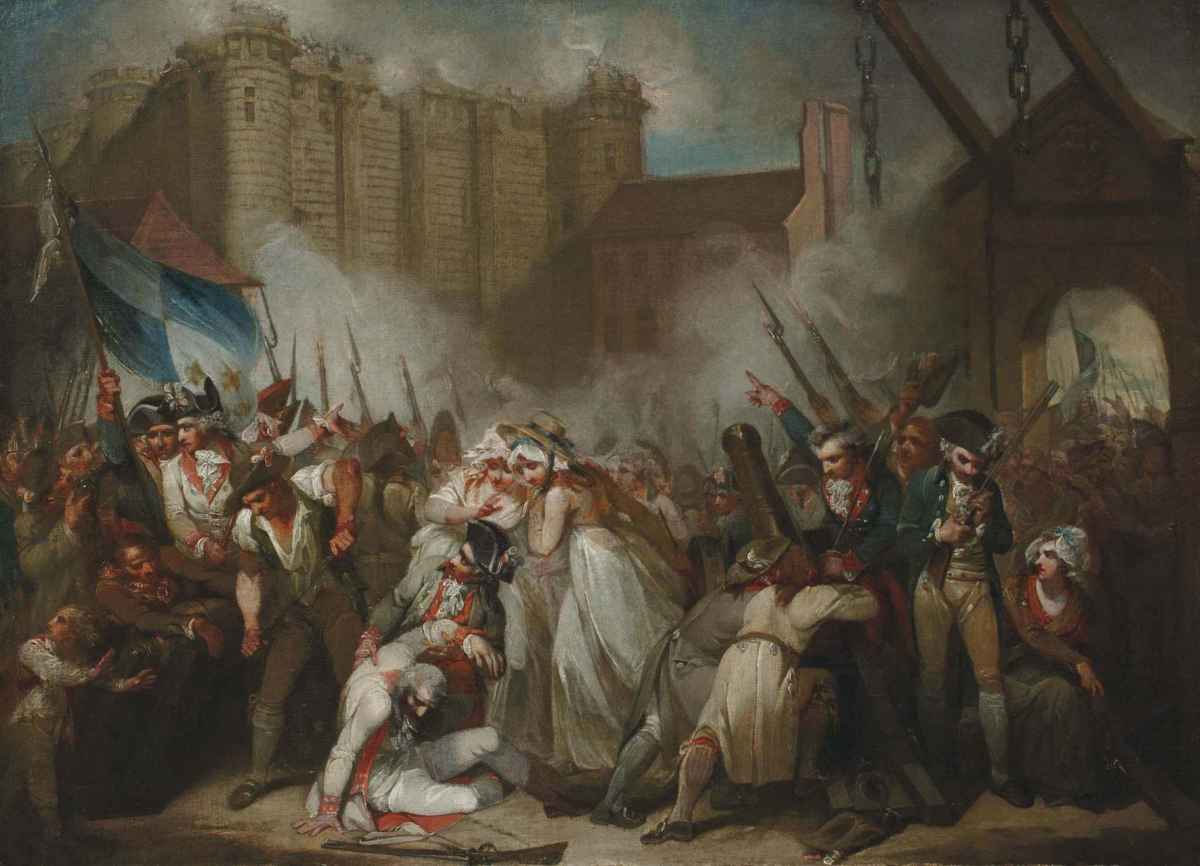The Unification of Germany and Otto from Bismarck's role (19th Century)
Definition of Nationalism
This political movement emerged in the 19th century which has historically evolved and its culture is manifested in language, community, territory, economic life and the psychological make-up of its population. The population have a devotion to the interest and culture of their respective nation, the nation on its own will profit in economic terms more when acting independently than (inter)nationally and the nation is an independent state. The national culture and interest is superior to others.
A synonym would be patriotism. The “enemy” of the nationalism is conservatism, whereas liberalism and nationalism enhance each other.
A positive aspect of nationalism is that they population strives to create its nation and also to maintain it (Europe was overwhelmed by this in the 19th century). A negative aspect is that the respective nation is believed to be the best, racism and disintegration is often a consequence. Racist nationalism evolved out of the romantic nationalism. The romantic nationalism had self-determination as an important aspect, but originally, without the meaning of being better than some else.
Definiton of Conservatism
There is a separate article here.
Definition of Socialism
Socialism has emerged in the 19th century, firstly, in England due to the industrial revolution and the disastrous working conditions, which has led to a social movement. Originally, it was defined through the fact that all people are equal in rights and possession. There is no competition, everyone is befriended with each other in theory, and there are no disadvantages for anyone. There were several “utopian” forms of socialism, which sounded in theory excellently, but they proved to be impossible to realize or to last for a longer time. There was also a social movement for women that would ensure equal treatment in job opportunities, rights and possession, Though it was not realized in the 19th century, only in quite small areas respectively phalansteries, but it became were important in the next century. A disadvantage in this political movement is that since there is no benefit from working harder, because everyone is equal in everything, there is no incentive for making more effort. Economically, it is not able to endure for a long time. Socialism assumed to be an immediate step between capitalism and communism (as it is nicely shown in Russia’s and China’s history).
Definition of Liberalism
The concept of liberalism given by a government that is entirely at one with the population, absolute freedom of sentiment and opinion and protection of the rights of the people.
Economic liberalism: The government should not interfere with the economic and has therefore a laissez-faire concept. The maximal profit will be achieved through the maximal amount sold, automatically. The government is responsible for the police protection, construction and maintenance of public workers from too expensive prices for them to undertake.
Political liberalism: The government must ensure the protection of the civil rights, equality before the law for everyone, free speech, press and assemblies, not to allow arbitrary arrest and the rights must be written down on a paper document. Moreover, the state and the church must be separated, a legislative election must take place every 4 years or so, whereas the people are not equal in political rights (like voting) and a peaceful opposition to the government should be possible. Legislative elections were desired by the middle-class men, but were not by the landowners, since they would lose power and influence. Liberalism does not necessarily mean democracy.
Germany in the 19th century
The 19th century was a vibrant period for Germany, since there were many political changes happening and one leading and important person was Eduard Leopold Otto from Bismarck. Because of his importance to the changes in Germany, Prussia and whole Europe it is necessary to understand his character first.
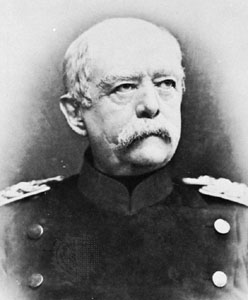
Otto from Bismarck
He was raised in aristocratic surroundings, in the Junker class which was the main landowning class in Prussia, and graduated law school, where he was tired of the bureaucratic work after a short time. He soon took up politics in Prussia to manage his country and in 1862, the current King William I appointed a new Prime Minister, Otto from Bismarck, who soon should change whole Europe. He was a practitioner of the Realpolitk. The Realpolitik shares some views with Machiavelli’s theory of the state. The Realpolitik (German: real = actual, practical, real; Politik = politics) was not necessarily moral. Bismarck achieved his goals though sometimes furtive, malicious and illegal plans only for the unifying sake’s of Germany (as it is seen in the three wars he provoked). After the unification of Germany he will be known as the Iron Chancellor, because with his one statement “blood and iron”, that is how he will unify Germany, many people linked this saying to him.
German History of 19th Century
1814/15: After Napoleon’s downfall, there were many countries, with what they great powers Austria, Prussia, France, Great Britain and Russia did not know what to do on the congress Vienna, what was led by Klemens from Metternich, the Austrian prince. They feared new revolutions and the spirit of nationalism was already becoming more prominent, what would be disastrous for Austria, since it consisted of many different ethical groups. In regard to the German duchies, they desired a unified Germany under the control of Austria or Prussia, preferably Austria, because it was said to be the stronger of the two German empires. But the Germans had to be disappointed, since they only formed the German Confederation.
1834: Prussia formed the Zollverein in the German Federation, where in 1859; all German states (except Austria) were participating. It was an economic alliance in order to build roads and railways in the German duchies. Liberals began to see Prussia in a new light and this was also the first movement towards a unified Germany.
1848: Prussia was undergoing political changes, what resulted into a constitution that was an apparent constitutional monarchy. They established a bicameral legislature with the lower house elected by the universal male suffrage. However, the voting population as divided into three classes depending how many taxes they pay.
German politicians, on the other hand, were still trying to make Germany a unified empire. They met in Frankfurt and argued about many issues and in the end offering the Prussian King, William I, the “Declaration of Rights of the German People”. But King William I had to refuse this offer, because by accepting this, he would risk to be in a war with Austria.
1859: Due to the system in Prussia, which was introduced in 1848, the lower house was largely in the hands of the rising middle class working men, because of the industrialization. They wanted to have a real parliamentary system, but the King’s executive power was too strong. Nevertheless, the parliament has still been granted an important role in the taxation of powers and in the legislative.
1861/62: In 1861, the old King Frederick William IV died and his brother became the new King of Prussia, King William I. In order to remain a powerful military force in Europe, King William I planned to update the military system. There should be a compulsory part of three years for all young men and he wanted to double the size of his army. But this was not possible due to the liberals who were against this, because they feared, the three years compulsory part could strengthen the conservative military clique in Prussia. In March 1862, the budget submitted to the parliament, was rejected by the legislature of Prussia. The King then appointed a new Prime Minister, namely: Otto from Bismarck (Bismarck was even regarded by the King as too conservative).
Bismarck’s main goal was to unify Germany. And he will do this no matter what it costs. Once again he submitted be army bill, which was rejected, but it did not care him too much and collected illegal taxes and reformed the army anyway by largely ignoring the parliament. The parliament though did nothing to restrain him in his activities. Brilliantly will he have provoked three wars in the next years and every time it will look like the others were to one’s who declared war.
Danish war, 1864: In north-eastern Germany, Denmark wanted the two duchies Schleswig and Holstein to conquer, which consisted mainly out of nationalistic Germans who were strongly against this. Prussia was able to persuade Austria to fight Denmark, since they had declared war on the Germans in Schleswig-Holstein. Denmark was defeated easily and the two winners shared the two duchies, Prussia received Schleswig and Austria received Holstein. From a military point of view, this was a smart campaign from Bismarck, because now he had more friction with Austria and could take advantage out of this and declare war on Austria respectively make Austria declare war on Prussia.
Austro-Prussian war, 1866: Prussia and Austria could not come to terms how to administrate Schleswig and Holstein. Before Austria declared war on Prussia, Otto from Bismarck made sure Russia would stay neutral in a potential war between Austria and Prussia. He met Napoleon III and was able to ensure France’s neutrality in the case of an Austro-Prussian war. He managed to get Italy’s support by promising them if it ever should come to a fight between the Austrian and Prussian armies and if Prussia should win over Austria Italy will be granted Venetia.
When the war was declared, many European nations, one of them was Napoleon III believed Austria will have a walk-over to defeat Prussia, but Austria’s army turned out to be no match for the Prussian army. Prussia was a great deal better organized and had better weapons with them plus their infrastructure enabled them to send reinforcements quite fast. In only seven weeks was Austria defeated by Prussia and (also known as the Seven Weeks’ War). The consequences for Austria were that they were excluded in German affairs. They also lost Venetia to Italy, but Bismarck ensured Austria does not lose any more land than Venetia.
Moreover, he dissolved the German Confederation and formed the North German Confederation, which included the German duchies north of the Main River. The southern duchies remained independent, but were involved into some affairs with the North German Confederation.
Franco-Prussian War, 1870/71: In Spain, Queen Isabella had to abdicate and a formal offer to a distant relative was sent; namely to Leopold of Hohenzollern a member of the Catholic branch of the Prussian royal family. France was terrified by a German king in Spain and after having put considerable pressure on Leopold of Hohenzollern by the French he declined his candidacy. But this was not enough for the French and they demanded a formal document where he ensured he will not renew his candidacy in any way. King William I met the French ambassador in Ems, where he politely stated he cannot ensure a non-renewal. This was Bismarck’s opportunity to “edit” the written manifested document of their conservation and Bismarck made it look like the ambassador had been insulted. It did only take the French two days to declare war after publication of the Ems document. Likewise, the French army was no match for the Prussian army and the Prussians were able to capture the army and Napoleon III in Sedan on September the second, 1870. Four months endured the French resistance until they had to give up. Not only was this a great military defeat for the French people, but also a moral one, since they were thought to be European’s strongest power. France signed a peace treaty in May and had to pay the indemnity of one billion dollars.
The southern German states were so impressed by the warfare of Prussia and joined the North German Confederation. On January the seventeenth in Louis XVI Palace, Hall of Mirrors, in Versailles, the German King William I was crowned the emperor of the Second German Empire (the first one was the Medieval Holy German Empire) with Otto from Bismarck next to the throne.
Germany has merged into Prussia and hence, Germany was the strongest military might and with the best industrial resources on the continent.
Bismarck's Germany
Democracy in Germany: There are some points speaking for a democratic German empire and some against it. People were able to vote in elections. Everyone had the same laws and rights. Even the Jews had the same laws as the Germans. There was a law book and a separation of powers. Although they had a Kaiser, who could control all of the powers, the single powers namely the Reichstag (parliament), the Bundesrat and several other chancellors and ministers who ran, for example, the finances were attributed a great influence in the politics of Germany.
Non-democratic points are the following: The Catholic Church did not get any money anymore from the government and they were forced to emigrate. Bismarck tried to outlaw the socialist party. There was a concentration of might on the emperor, means, the ministers and chancellors, the Reichstag and the Bundesrat were only and directly obligated to the Emperor William I.
Enemies of the state: After he has unified Germany into one great empire, he also had internal problems he had to deal with. In order to maintain Germany’s unification he had to fight several “enemies to the state”.
His first problem was the Catholic Church. This was the so-called culture struggle. Bismarck feared the Catholic Church would have too much influence on his plans and through laws and the threat of being imprisoned respectively exiled many Bishops, Jesuits et cetera emigrated.
The socialist party of workers in Germany was another threat to Bismarck. He passed a law, which forbids any activity of this party, though voters were still able to vote for the individual persons for the Reichstag. This law failed to weaken the socialist party and it even increased the number of the social parliament members from 12 to 35 in 1877 to 1890.
Bismarck also wanted Germany to be solely for Germans and that is why Jews and Poles were regarded as enemies too (Anti-Semitism).
How people felt about Bismarck’s Germany: There were controversial opinions from different working classes in Germany.
The peasants and normal workers from the former German duchies had it quite hard under Bismarck. Many workers, for example, had to emigrate, because of the Anti-social law. This was due to the reason that the Socialist Party was a workers devotee party.
One major problem was that there was no freedom and free speech or press. Spies were located everywhere and even though Germany was unified, people still have not much to say in politics (except the opportunity to vote the Reichstag).
On the other hand, the better educated class, like clerks and factory owners, could take advantage out of this. With the unification of Germany the former borderlines all vanished which has once separated the duchies from each other and made trade difficult. Economically as well as politically, Germany grew a lot of power and was comparable to Russia and Great Britain.
Conclusion: Bismarck’s realpolitik was no social or human one in the first place. His aim was a unified German empire and after he has achieved his goal, he did his best to keep Germany stable. He showed no remorse if he had to do something immoral, but on the other hand, he was not stupid and realized that he had to do something good to the mid-working class or otherwise, this could result into a revolution or revolt one day and lead to grave internal problems. That is why he was the first one to introduce welfare states. There were many health care services and even old people’s homes and Germany was the first one to have a welfare state this developed and modern.

